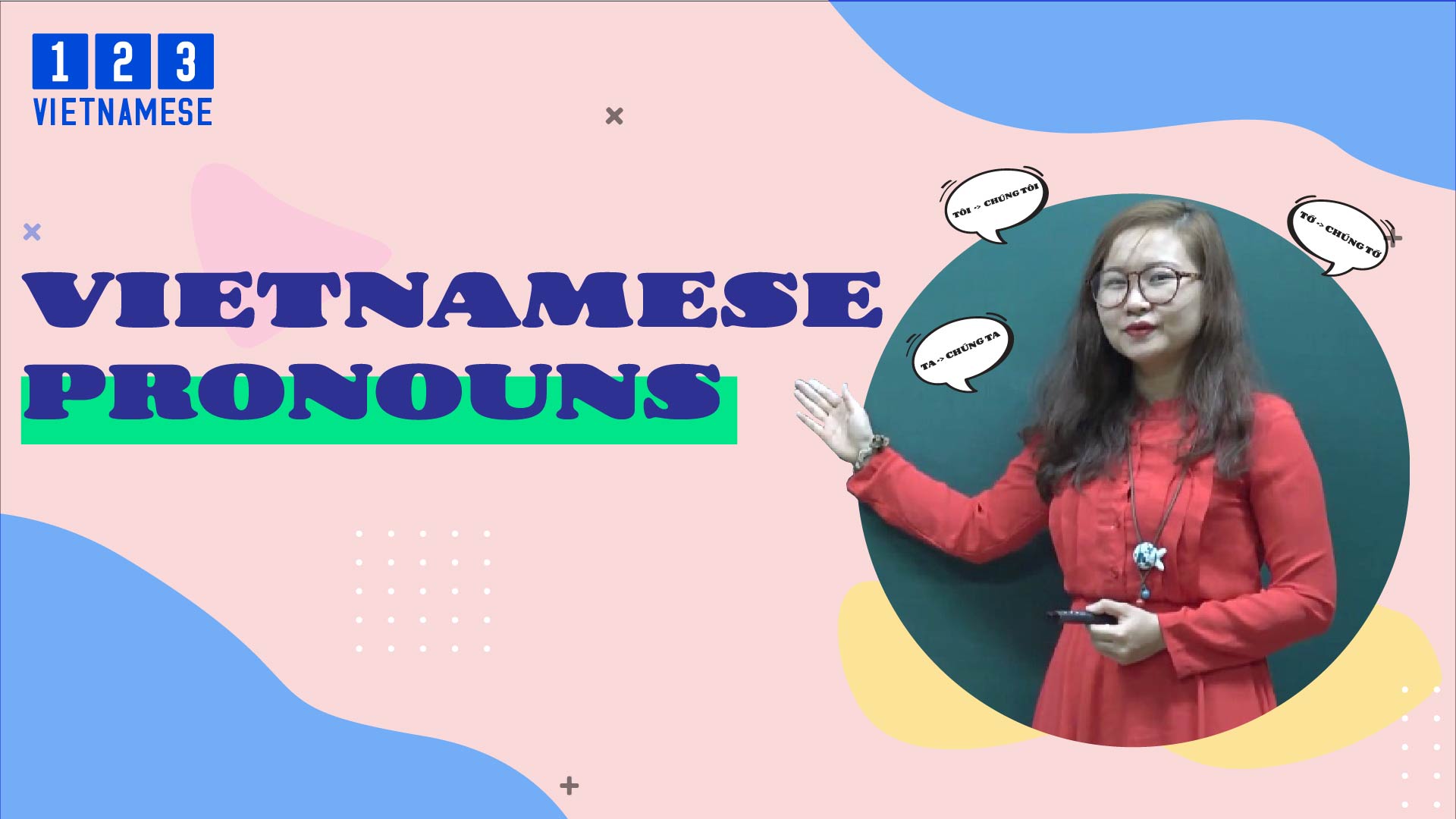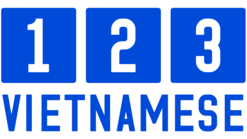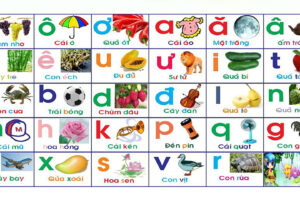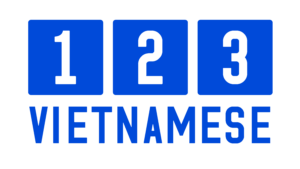
Vietnamese Pronouns: Singular & Plural personal pronoun
Singular personal pronoun
1. The first person
The first person pronoun in Vietnamese is “tôi” which means “I” in English. It is the only personal pronoun that can be used in polite speech. Beside it, the first person can be “ta”, “tao” but they are only used in informal case, e.g. when talking with close friends.
2. The second person
The below table shows you some personal addresses and their usage
| Personal pronoun | How to use |
| Em | Use for person who are younger than you as your younger sisters or brothers |
| Bạn | Use for person who is as the same age as you or your friends |
| Anh | a young male who is a little older than you or your elder brothers |
| Chị | a young female who is a little older than you or your elder sisters |
| Cô | in formal case; to a young female (Miss ) |
| Bà | Formal, an old female (Mrs., lady); informal, as your grandmother |
| Ông/ ngài | Formal, an old male (Mr., gentleman); informal, as your grandfather |
| mày | informal; people are younger than you |
3. The third person
It is simple that when adressing the third person, Vietnamese adds the word “ấy” after the personal pronoun.
Example:
Anh ấy, ông ấy -> He
Chị ấy, cô ấy, bà ấy -> She
Nó * -> It (Nó* often refers to the things, animals but sometimes, “nó” can denote for a little child in informal case).
Plural personal pronoun
- For the first person, the word “chúng” is added before the personal address.
Example:
Tôi -> Chúng tôi
Ta -> chúng ta
Tớ -> chúng tớ
- For the second person, we use the word “các” before the personal address.
Example:
Anh -> các anh
Chị -> các chị
Bác -> các bác
- When addressing plural pronoun for the third person, the word “họ” is used. It refers to a group of people in general both male and female. The second way to form the plural personal pronoun for the third person is to add the word “ấy” after the second person pronoun.
Example:
Anh -> các anh ấy
Chị -> các chị ấy
Bác -> các bác ấy
How to use personal pronouns?
The below table will show you general information.
* Singular pronoun
| Pronoun | English equivalence | How to use it | |
| First person | Tôi | I | – Refer to yourself (formal) |
| Tao | – Refer to yourself with close friends (informal) | ||
| Second person | Em | You | – Miss, girl or boy (younger than you, informal) |
| Anh | – Mr. (older than you) | ||
| Chị | – Miss or Mrs. in formal address | ||
| Ông | – Mr., Sir., gentleman (formal) | ||
| Bà | – Mrs., Madam, lady (formal) | ||
| Mày | – Address between close friends (to use with “tao” – first person) | ||
| Third person | Em ấy | He | – Boy (younger than you) |
| Anh ấy | – Mr. (Older than you or slightly younger than you in formal address) | ||
| Ông ấy | – Mr., sir, gentleman (person is older than you or higher status) | ||
| Em ấy | She | – Girl (younger than you) | |
| Cô ấy | – Miss. | ||
| Chị ấy | – Miss or Mrs. | ||
| Bà ấy | – Lady, Mrs, Madam (person is older than you or higher status) | ||
| Nó | It | – Thing in general |
*Plural pronoun
| Pronoun | English equivalence | How to use it | ||
| First person | Chúng tôi | We | – Refer to a group of yourselves (formal) | |
| Chúng ta | ||||
| Second person | Các | Em | You | – Address to boys or girls (younger than you) |
| Anh | – A group of young males (older than you) | |||
| Chị | – A group of young females (older than you, ) | |||
| Cô | – A group of women (Miss) | |||
| Bà | – A group of old females (Mrs., ladies) | |||
| Ông | – A group of old males (Mr., Sir) | |||
| Third person | Họ | They | – Address to a group of people (in general) | |
| Các | Em | – A group of boys and girls (younger than you) | ||
| Anh | – A group of young males | |||
| Chị | – A group of females (Miss, Mrs.) | |||
| Cô | – A group of young females (in general) | |||
| Bà | – A group of old females | |||
| Ông | – A group of old males | |||
| Chúng nó | – A group of young people (younger than you, informal) | |||
In addition, there are different pronouns for each kind of relative. For a listing of those pronouns, see family terms:
| Pronoun | Usage |
| cụ | your great-grandparent |
| bà | your grandmother |
| ông | your grandfather |
| chú | your uncle who is your father’s younger brother |
| bác | your uncle who are your parents’s older siblings |
| cô | your aunt, who is your father’s younger sister |
| dì | your aunt, who is your mother’s younger sister |
| chị | your elder sister or siblings |
| anh | your elder brother or siblings |
| em | your younger sister or brother or siblings |
| thầy | the teacher (if he is a man) |
| cô | the teacher (if she is a woman) |
Author: Chu Phong Lan









